One of the prevailing meta-narratives about watches and watch culture is that — thanks to platforms like Instagram — it's now global. Certainly, there are a lot of similarities in collecting culture in diverse locations like Dubai, New York and Hong Kong, but there are also differences. if we're completely honest, the biggest takeaway from Horology Forum's first venture to Hong Kong wasn't what unites watch culture; it was what makes Hong Kong special.
The truth is that the rest of the world has been sleeping on Hong Kong. The luxury watch culture in Hong Kong is so ingrained — and has been for generations — that many visitors at HF.10 noted that for watches, Hong Kong wasn't quite like anywhere in the world.
Take, for example, the sheer density of retailers. Central, the area where HF.10 was held, boasted an incredible number of watch and jewellery retailers. According to the Federation of the Swiss Watch Industry, which provides global export figures for Swiss watches, more than 2300 million CHF worth of watches were exported to Hong Kong. Based on the retail footprint, it looks like a vast majority of these watches ended up in a single postcode. To put it another way, New York, the city that never sleeps, has four retail locations for Patek Philippe. Hong Kong has six. One possible explanation for Hong Kong's lower profile, despite its significance as the fourth-largest market in the world, is the fact that mainland China is the third largest, and for many, there's a conflation of 'China and Hong Kong' when it comes to reporting.
The sheer economic weight of Hong Kong as a watch market is one aspect of the region's horological significance, but what you don't expect is how this translates on a day-to-day level. Many guests remarked that every taxi driver and server seemed to be wearing a Rolex, and moderator Carson Chan confirmed that the majority of these watches were genuine. Now, they weren't wearing the latest 2024 release but rather older Datejusts, often with worn jubilee bracelets. This sort of watch would be handed down from father to son or mother to daughter and would be a cherished, emotionally resonant object (as well as a status symbol).
This incredibly dense concentration of top-tier horological appreciation also lends itself to a well-ingrained level of education around watchmaking and watch culture, one that seems under-appreciated in the current era of conspicuous consumption. What's also surprising (and woefully under-acknowledged) is the sophistication of Chinese watchmaking, in which Hong Kong has played an important role. One important figure is the late Kai Tai Yu, who was born in mainland China in 1946, but moved to Hong Kong in 1980 to work as a watchmaker. In 1991, one year after seeing his first Tourbillon, Mr Kiu created his first tourbillon, which was widely regarded as the first Asian-made tourbillon. Of course, you cannot extrapolate about an entire culture based on one watchmaker, but the fact that Hong Kong was making tourbillons years before the complication burst into mainstream luxury consumer consciousness is a marker of sophistication.
It's also worth noting that, based on what we saw and learned at HF.10, the enthusiasm around watches in Hong Kong leans heavily into connoisseurship, with a real appreciation of knowledge around craft and skill, that extends well beyond the name on the dial. HF.10 was a great reminder that as much as Horology Forum is about spreading Dubai Watch Week's values worldwide, it's also about learning and understanding what others love about watches. HF.10 in Hong Kong was a resounding success on both these goals.
How far in advance do you usually book tickets?
- Within 24h Before
- 1-3 Days Before
- 1-3 Weeks Before
- Over a Month Before

















